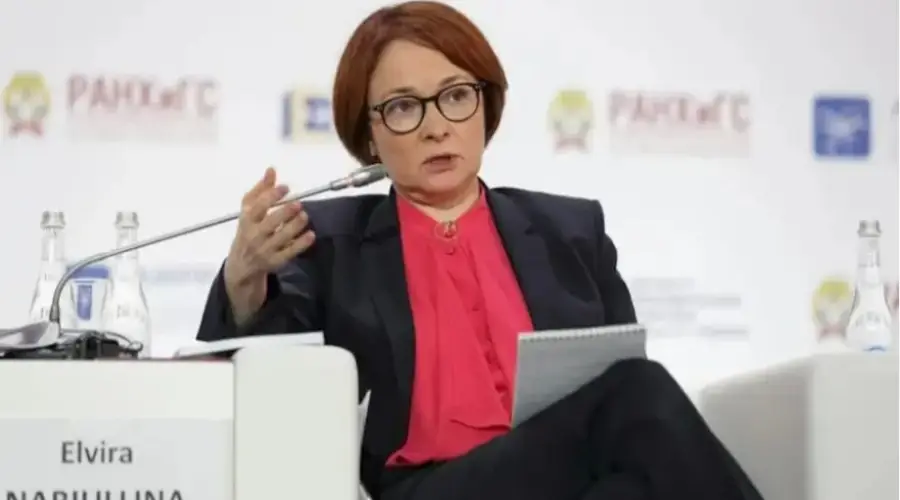Its commitment to be on the side of Greek family businesses was confirmed by EY Greece, through its active participation in the 4th Family Business Conference, organized by the Palladian Conferences, on Thursday, April 14, 2022. It is noted that EY supported the day as a Gold Sponsor.
The importance of marketing in family businesses
Mr. Evangelos Maximos Skopelitis, Director of Brand, Marketing and Communication of EY Greece, talking to Mr. George Liberis, CEO of Palladian Communications Specialists, highlighted the criticality of marketing and good communication for family businesses. According to Mr. Skopelitis, the goal of family businesses should be to create a brand with which the consumer can identify, as consumers today want to build trust with brands that believe they have the same priorities and “believe” with them.
Taxation as a tool for the long-term success of family businesses
In tax planning as a strategic tool for the longevity of a family business, a discussion panel was focused which was moderated by Mr. Stefanos MitsiosPartner and Head of the Tax Department of EY Greece, with the participation of Messrs. Constantina Galor, Associate Partner, Konstantina NikolaouSenior Manager and Manou TountaManager in the Tax Department of EY Greece.
Specifically, Mr. Manos Tountas, referred to the general tax regime governing the succession to a family business. In this context, Mr. Tountas developed some of the most important tax concerns that often arise, both in the process of transferring a family business to the next generation due to donation or parental benefit, and in the context of universal succession. On this occasion, he also mentioned indicative examples of the tax burden that is expected in each case. In conclusion, the speaker made special reference to the tax planning margins that exist for the entrepreneur who wishes to act proactively in order to prepare the succession process, taking advantage of some of the safest options provided by law and taking into account both the practice followed and the and recent developments in our tax reality.
The tax audits focused on Ms.’s suggestion Konstantinas Nikolaou, emphasizing that, now, there is an institutionalized procedure for their implementation and the challenge of any imputation of taxes and fines. A tax audit obviously costs time and money, but, as the speaker argued, there is room for corrective action that the company can take, even at the last minute, in order to correct any tax errors and omissions, with the least possible burden and avoiding any other consequences, financial or even criminal. Ms. Nikolaou also stressed that the most important thing is for companies to act proactively, by maintaining organized and diligent financial management, to be constantly informed about tax developments, and to often conduct tax “health checks”, with the assistance of experienced consultants.
THE Ms. France, in turn, referred to the wider context of policies and actions at EU level, with which the latter aspires to give a resounding response to climate change and environmental degradation. In this context, he stressed the importance of taxation as an instrument of environmental policy, referring, at the same time, to the relevant tax measures and incentives at national level, both in the field of direct and indirect taxation. In conclusion, Ms. Galli referred to the new development law, one of the main objectives of which is to strengthen investment plans for activities related to the circular economy and sustainable development. It also stood in the general and rapidly growing trend in the investment field, the choice of investment positions to be made on the basis of environmental, social and corporate governance (ESG) criteria, which indicates the will of entrepreneurship to help in achieving the sustainable development goals and, in particular, tackling and adapting to climate change.
Closing the discussion, o Mr. Mitsios shared some proposals for the development of family businesses, including growth through mergers and acquisitions, partnerships and synergies, emphasis on extroversion, investment in innovation and technology to develop value-added products, corporate governance structures, succession planning and tax planning.
Succession, resilience and new talent
In the third section, Messrs. Ioannis Tserepas, President and CEO and Angelos Tserepas, Head of Business Development of Lariplast SA, shared their experiences and views as members of a family business, with Ms. Eftychia Kaselaki, Partner, Consulting Services and Human Resources, Private Sector of EY Greece. Among other things, the discussion focused on preparing for succession, resilience, innovation and sustainability, creating long-term value, changing mentality and culture in a changing business landscape and attracting new talent.
Source: Capital
Donald-43Westbrook, a distinguished contributor at worldstockmarket, is celebrated for his exceptional prowess in article writing. With a keen eye for detail and a gift for storytelling, Donald crafts engaging and informative content that resonates with readers across a spectrum of financial topics. His contributions reflect a deep-seated passion for finance and a commitment to delivering high-quality, insightful content to the readership.







